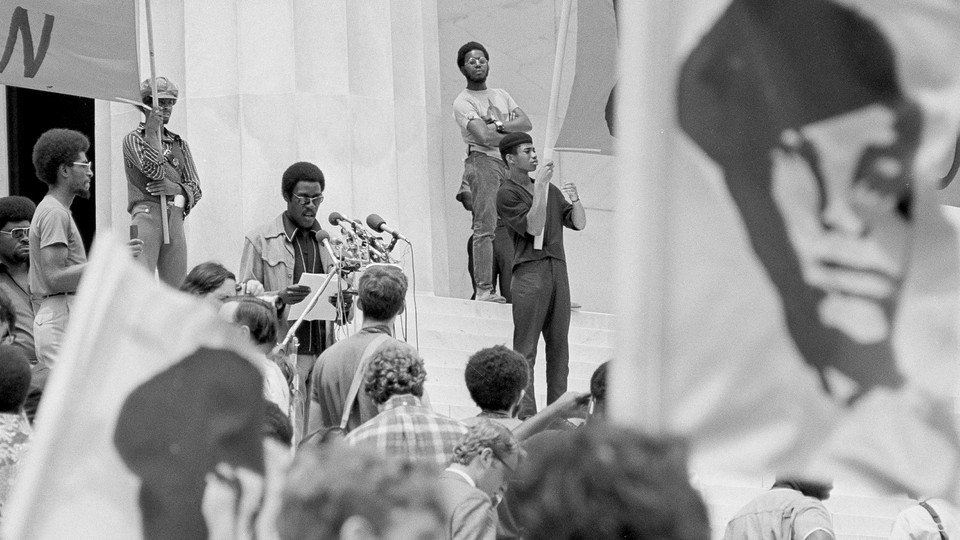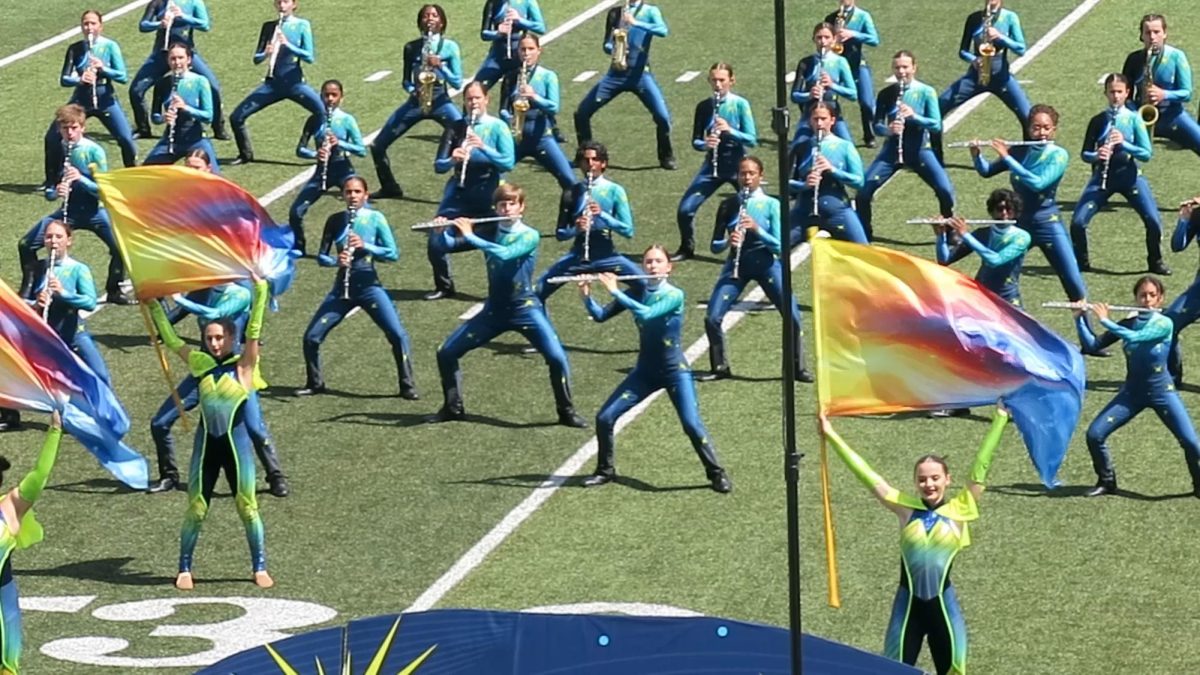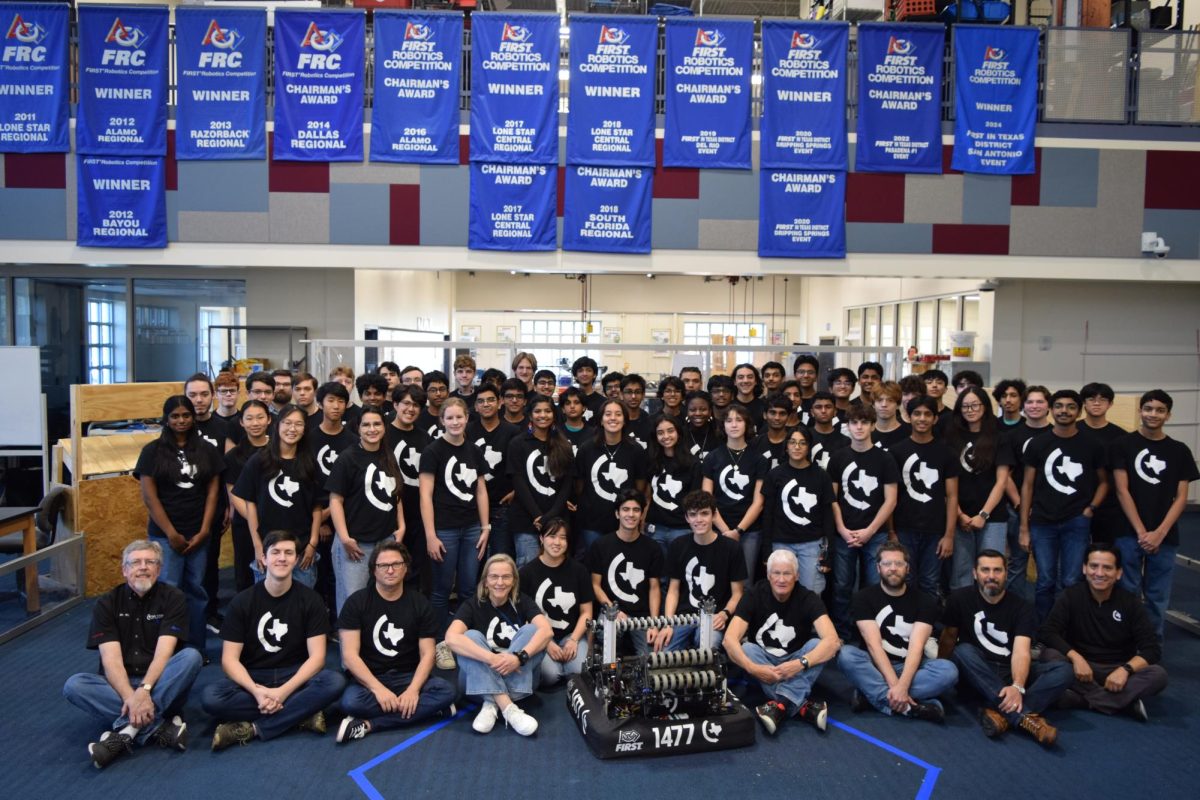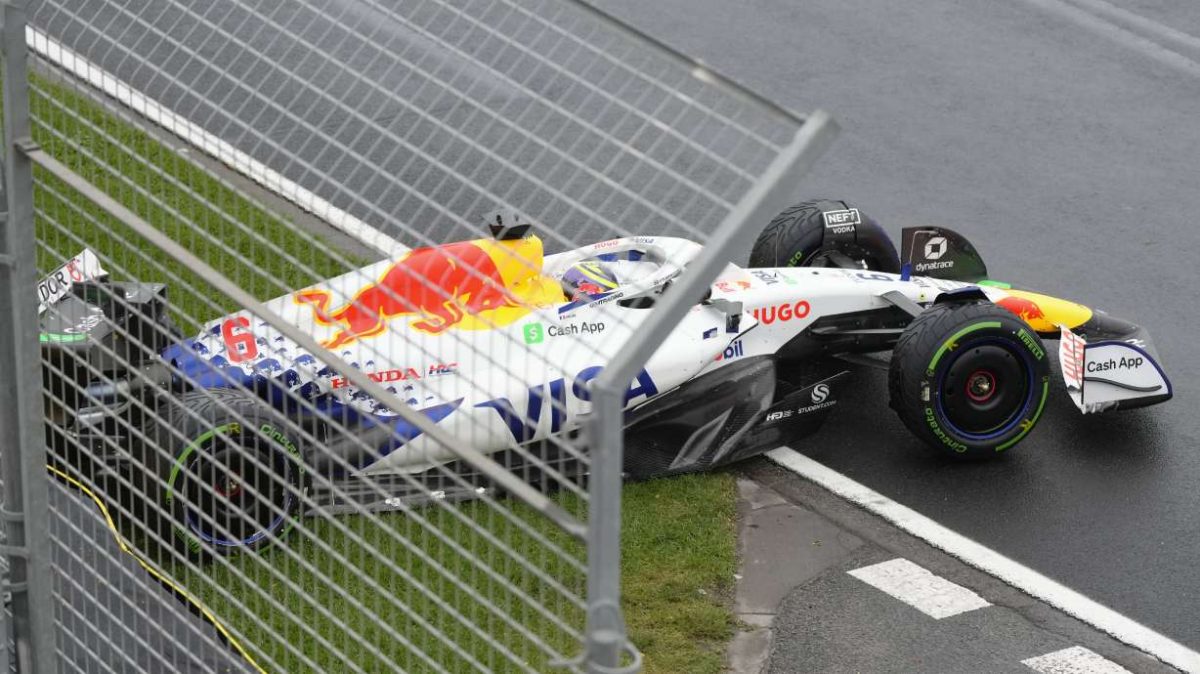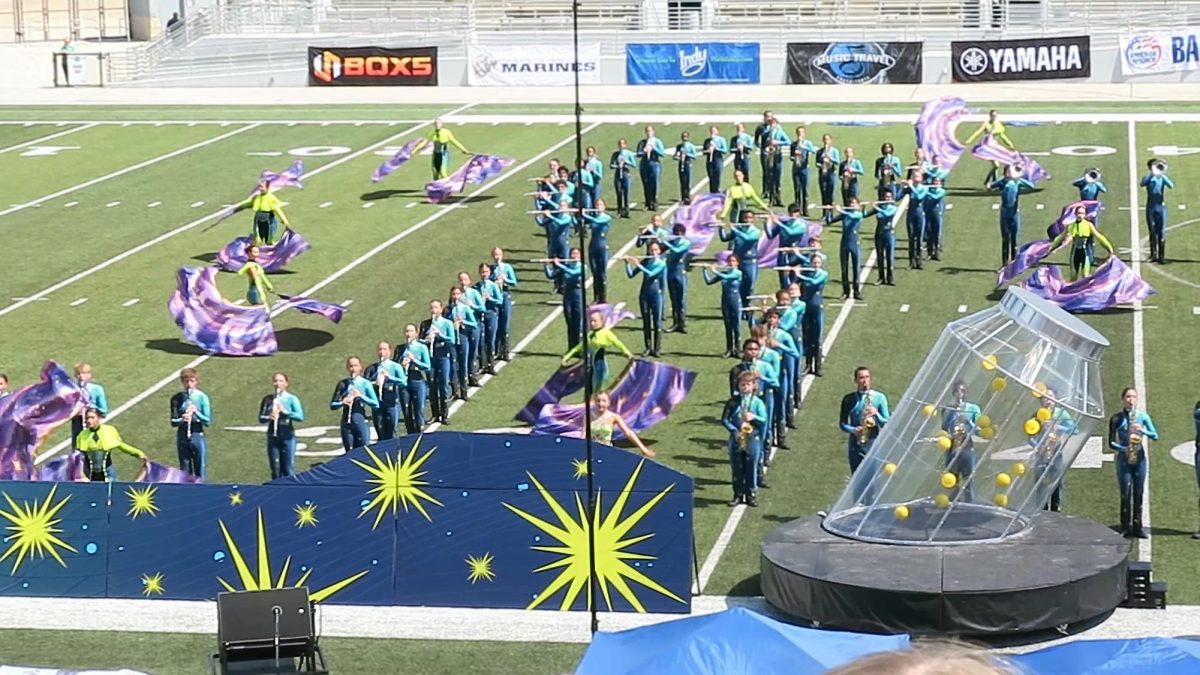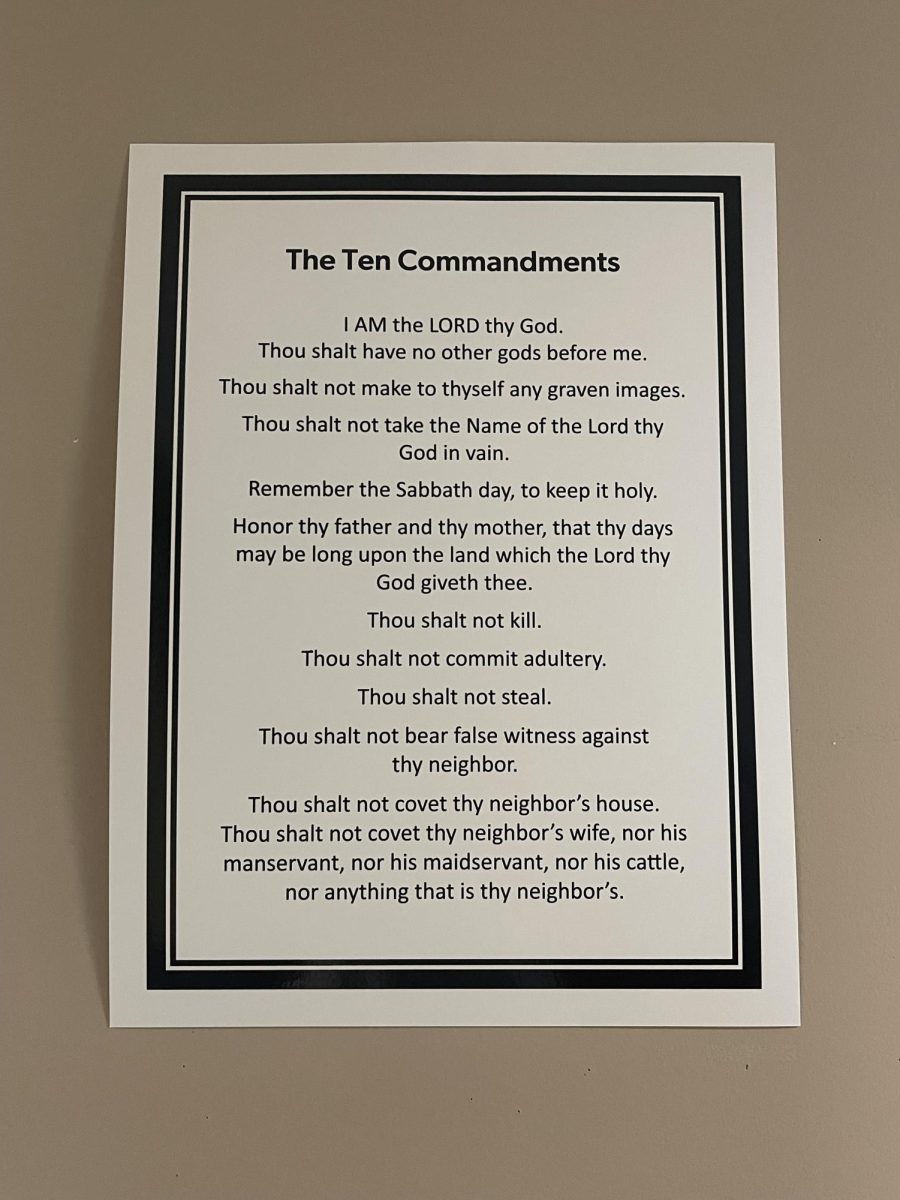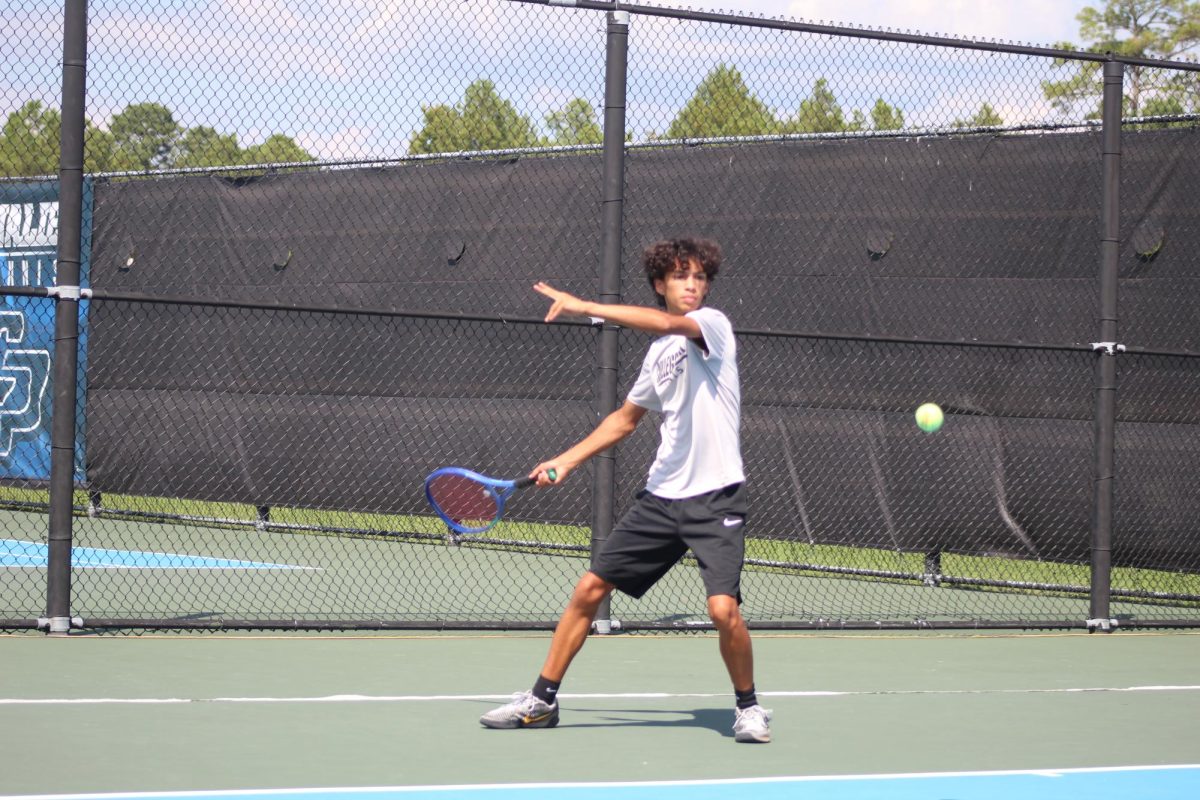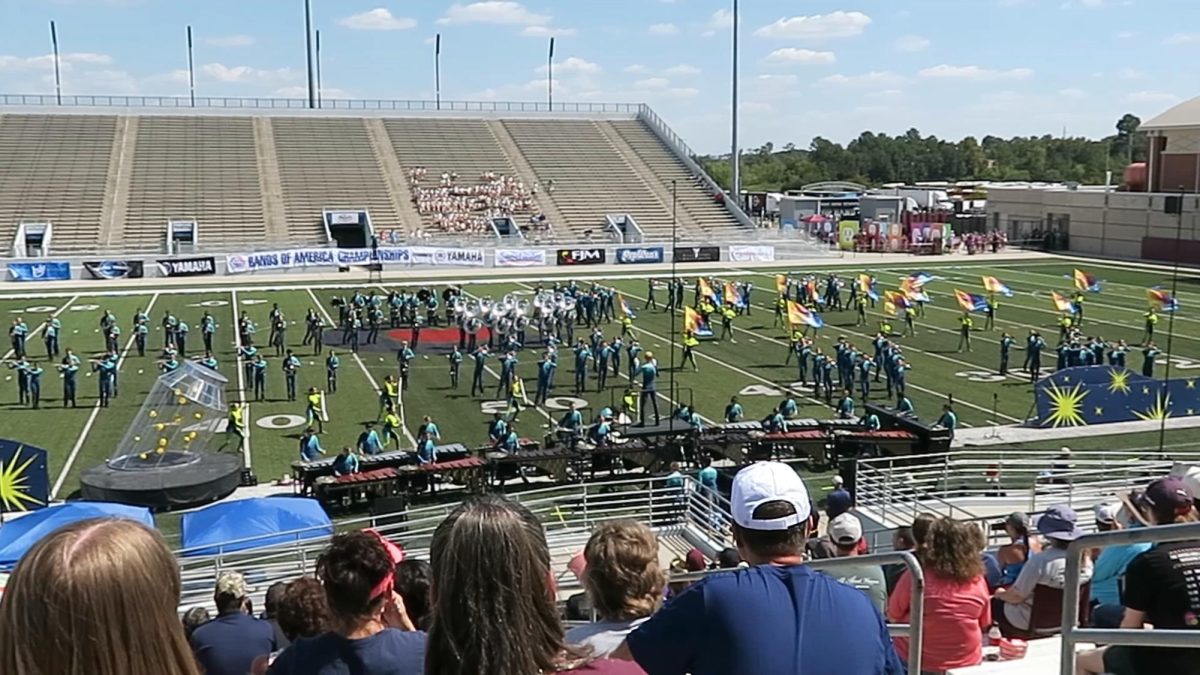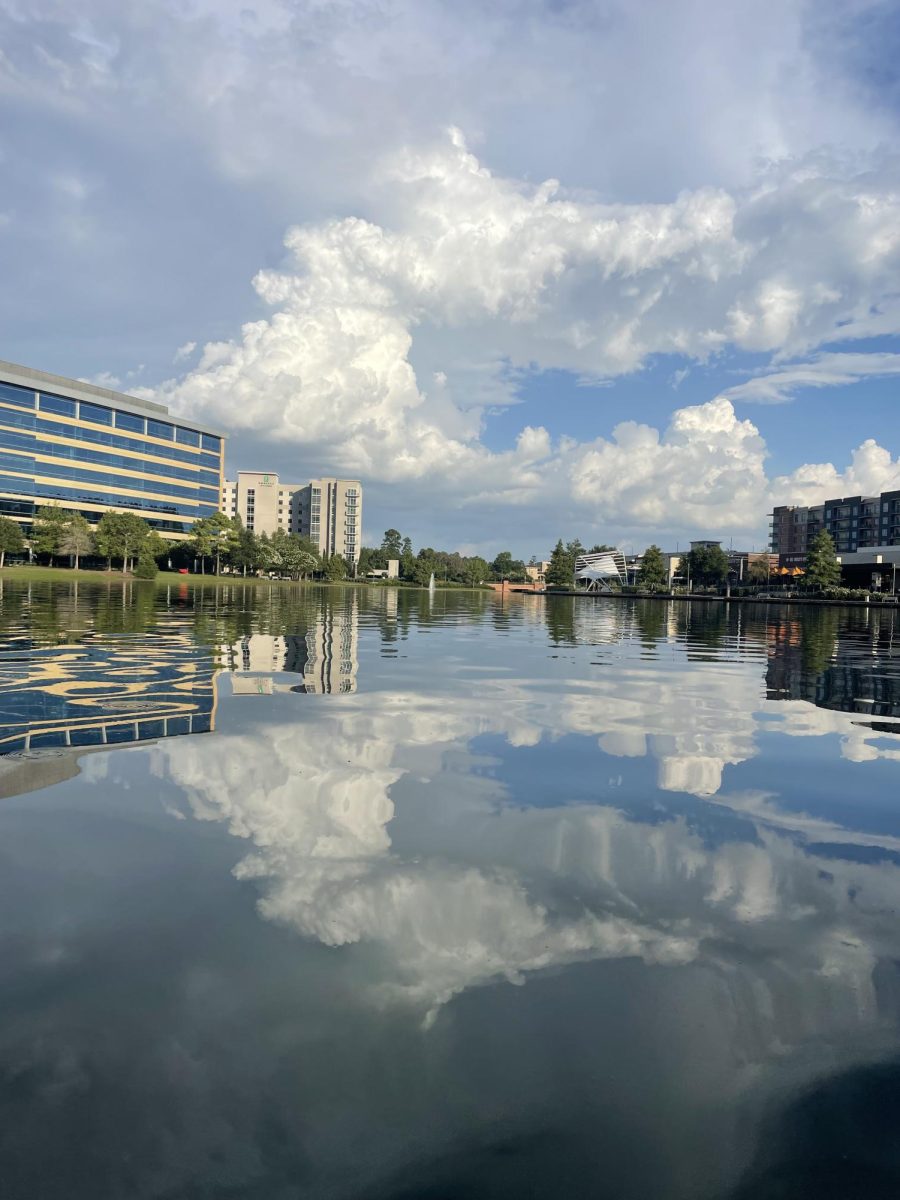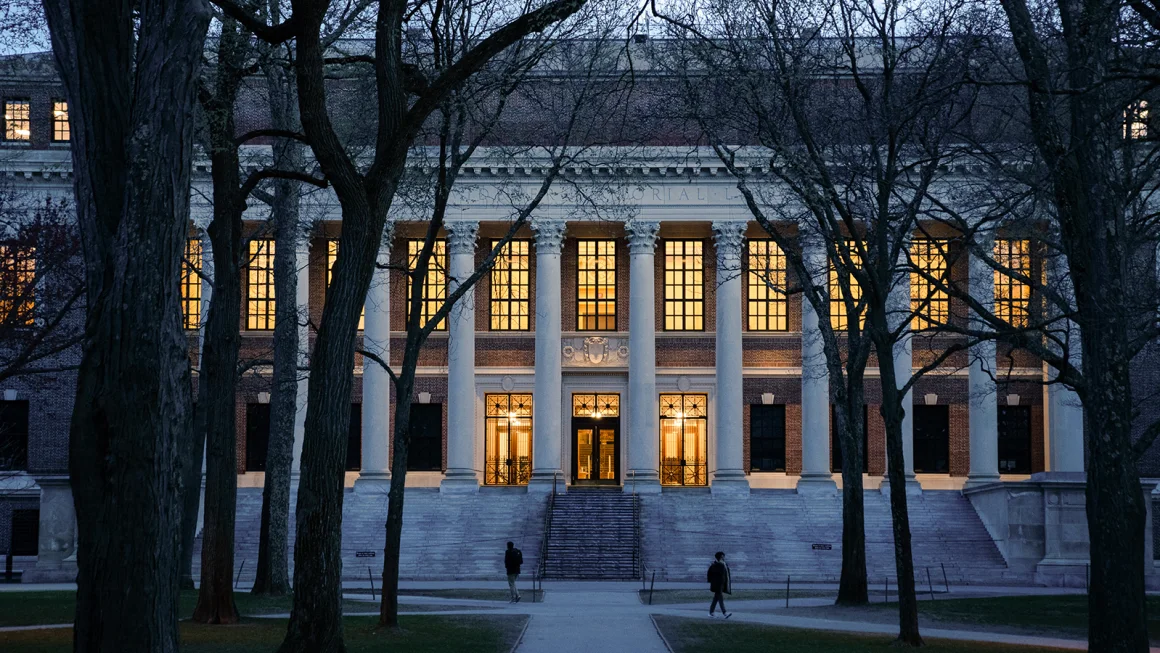I stood there, my heart raced, feeling the weight of the moment, a brutal act of violence that would ripple through my life and the lives of those around me. I saw his humanity stripped away in an instant, reduced to a victim in a system that has long dehumanized Black bodies. The sound of sirens filled the air, but they felt distant, almost irrelevant against the backdrop of such raw brutality. In that moment, I was not just a bystander, I became a witness to a painful legacy.
The faces of my ancestors flashed through my mind, each one bearing the scars of a history filled with oppression and struggle.
I felt their pain. Their resilience. Their unyielding hope for a better future.
Yet, witnessing this violence also sparked a profound anger within me. I questioned the world around me. How could this happen? Why was life so easily extinguished?
The feeling of helplessness washed over me as I grappled with the reality that this could happen to anyone I loved. It was a stark reminder of my own vulnerability, of how the color of my skin painted me as a target. I remembered the conversations with my parents about safety, the warnings they instilled in me, the careful strategies they devised to help me navigate a world that would not always see me as human.
They had tried to prepare me for a reality steeped in racial tension, but nothing could fully equip me for the visceral impact of witnessing murder.
I struggled with the desire for justice and the realization that justice often eludes us. The anger I felt morphed into a call for change, a determination to not let this death be in vain. I thought of the countless hashtags, the vigils, the protests that had become a part of our collective existence.
Yet, I also faced the grim reality of despair. How many times had this happened before? How many more lives would be lost before the world would finally listen?
I understood then that this experience was not just mine; it was collective. I thought of my community, of the shared grief and rage that would unite us in the face of such tragedy. Together, we mourned, we cried out, and we vowed to fight against a system that perpetuates violence and discrimination. The air was thick with sorrow and determination, a reminder that we were not alone in our pain.
This moment reshaped my identity. It was not merely about witnessing death; it was about acknowledging the living those who remain and carry the weight of loss. I realized that my voice, my story, and my fight were crucial in demanding change. I had to honor the memory of the fallen, not just with sorrow but with action. I began to seek out ways to channel my anger into advocacy organizing community meetings, attending protests, and educating others on the history of systemic racism.
As I took those steps, I found strength in solidarity. I met others who shared my pain, each with their own stories of loss and resilience. Together, we began to forge a path forward, understanding that while the struggle was far from over, our collective voices could spark change. This tragedy became a catalyst, igniting a fire within me that would not be extinguished. I was determined to ensure that the legacies of those we lost would not fade away into silence.
Sounds of the sirens echoed through our action and our commitment to justice.

